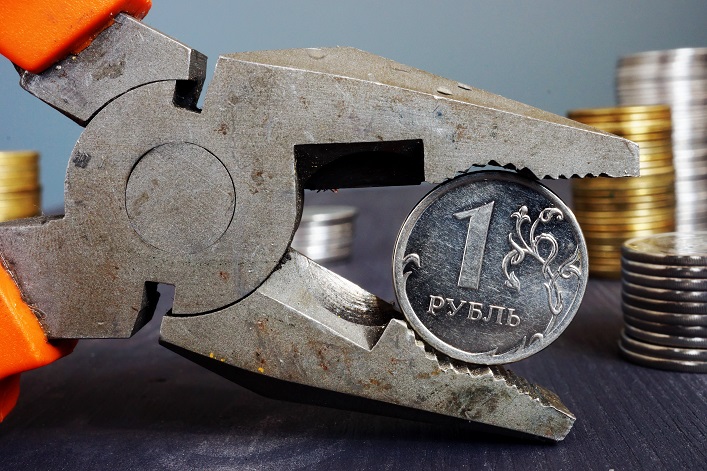Russia has not yet felt the full force of its sanctions, but in the coming years, a collapse is inevitable.


Sanctions against Russia have damaged its economy and weapons production capabilities and created problems for years to come. But their impact has developed more slowly than expected. This is perhaps not unexpected, as the Kremlin has instructed its special services to find channels to evade sanctions.
In addition, Russia’s economic weight makes it difficult to isolate it, as it exports not only oil and gas but other resources, including uranium and titanium, on which Western economies depend.
The EU continues to spend 300% more on Russian fuel than on military aid to Ukraine. Hungary, Ireland, Switzerland, Turkey, China, and Brazil buy more Russian energy than before the invasion. Gas and oil imports by Hong Kong and India increased by 400% from 2021. During 2022-2023, Russia received $599B from the sale of fossil fuels.
At the same time, sanctions have deprived Russia of about €400B in revenues since February 2022. The Western community expects the Russian economy to face severe problems in 2025. The economy is overheated, inflation has exceeded 7%, and many companies have a shortage of workers.







